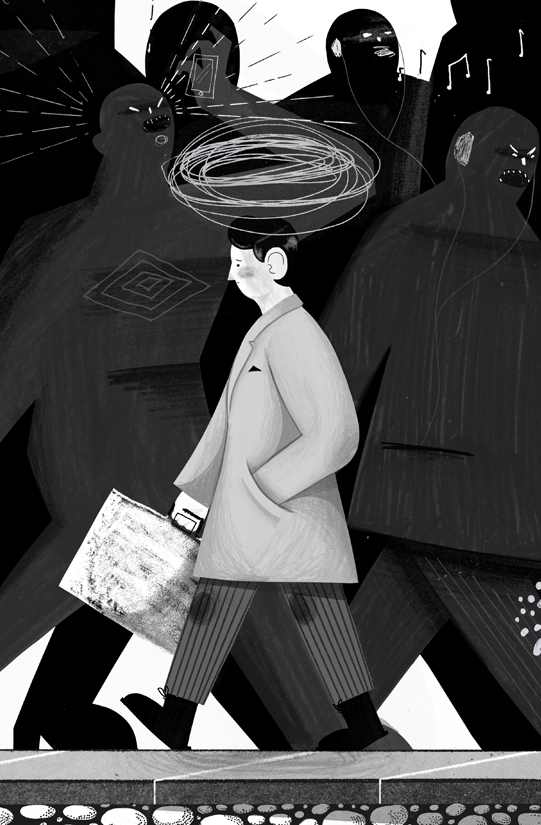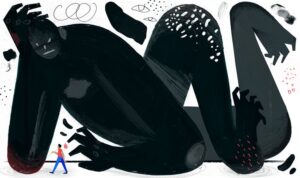
Men’s mental health is a grossly underrepresented problem, both in media and in society. Statistics show a grim picture in terms of mental health issues faced by men with suicide rates of men far exceeding those of women all over the world.
Research shows that incidences of alcohol dependence and substance abuse are higher in men. They are less likely to go to therapy and are also less likely to have access to an emotional support system of friends, family, and community. These facts point to a bigger picture where men’s mental health issues are being largely downplayed.
This situation arises due to several reasons such as poor awareness about mental health, overlooking the warning signs of a potential problem, and reluctance to seek help.
But the problem runs a lot deeper.
The biggest hindrance faced by men is toxic masculinity. The traditional picture of masculinity demands dominance, self-reliance, inhibition of emotional expression, as well as great disapproval of feminine traits within men.
Such rigid limitations are detrimental enough to the health of heterosexual men, but the situation gets much direr in the case of men belonging to the LGBTQIA+ community. In addition, men who dress or act more femininely, those who might have traditionally feminine careers or interests, suffer under these patriarchal ideals as well.
Another significant expectation is for men to play the role of primary provider. Due to the established connection between breadwinning and masculinity, the household situation becomes stressful for men who are sole breadwinners in their families.
Brought up following gender norms that enforce this model, they tend to grow up being hesitant to express their feelings and are more prone to bouts of violence and aggression. Most importantly, they grow up wary of stepping out of these restrictions, for fear of receiving criticism from all those who seek to uphold this structure.
This mentality hurts everybody. It hurts men with depression, anxiety, personality disorders, obsessive-compulsive disorder, eating disorders, body dysmorphia, and many other issues that need support, not scorn.
This multifaceted and convoluted problem finds its solution in an unlikely ally: feminism.
By its very definition, feminism strives to dismantle the harmful patriarchal system that critically affects both women as well as men in equal degrees. Increasing awareness and decreasing stigma around mental health is another vital tenet of feminism, especially for men.
Inviting more men into discussions about mental health, providing a comfortable environment for them to freely admit the issues that directly concern and hurt them, is the first important step. The second is to examine our historical biases- for both men and women to undo these destructive beliefs that cause so much suffering and damage.
Unlearning toxic masculinity, and beginning to view them as human beings with complex emotions and needs, is the only way for us to help men break through the walls of patriarchy.
Written by Saher Kalra for MTTN
Edited by Anushka Das for MTTN
Featured Image by Micheal Driver
Artwork by Micheal Driver

Leave a Reply
You must be logged in to post a comment.